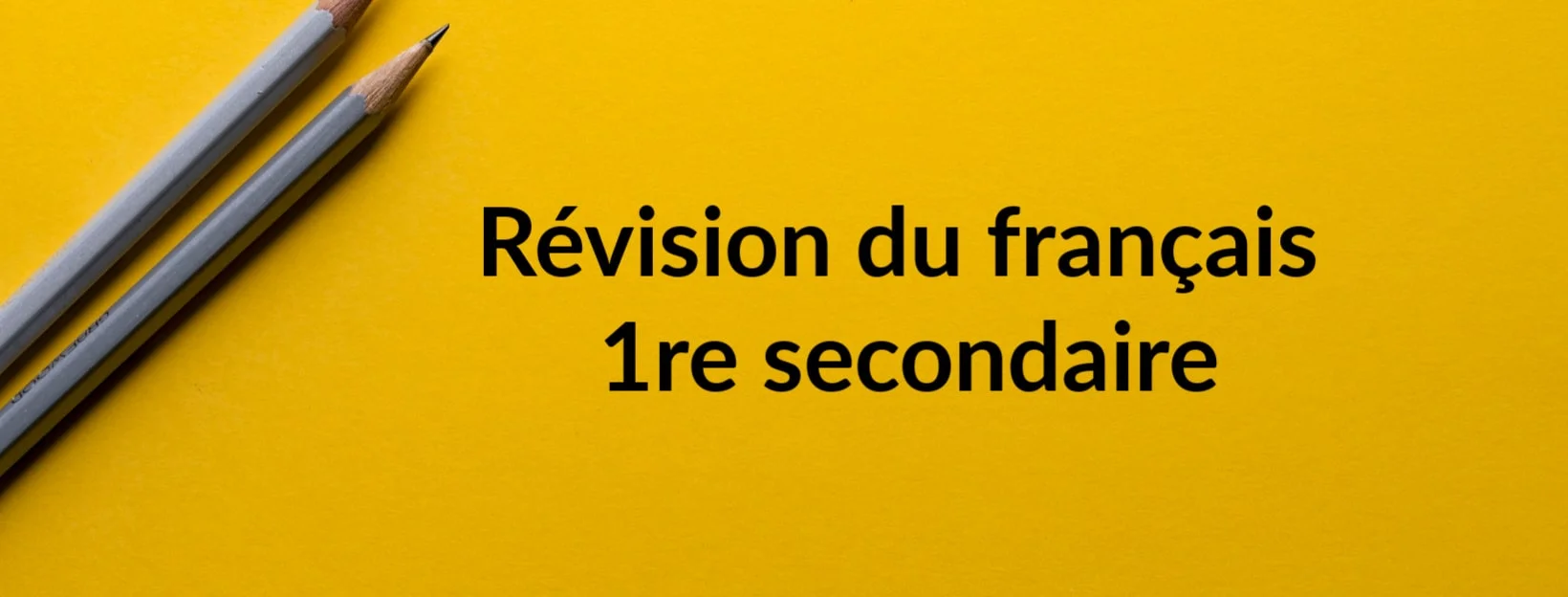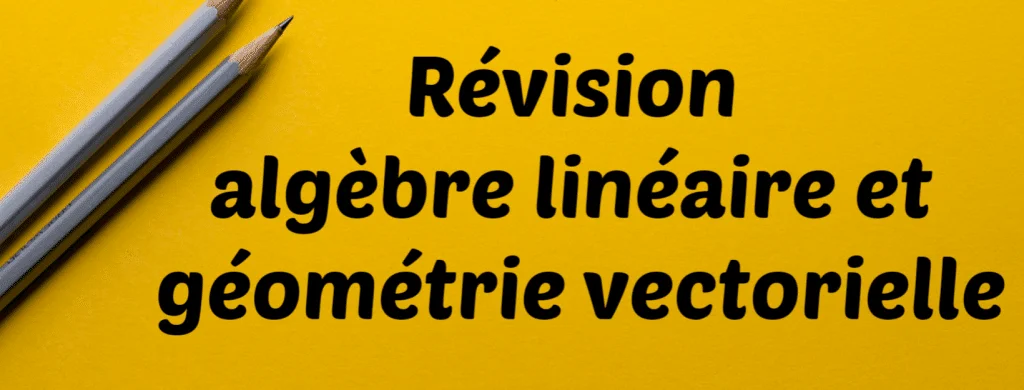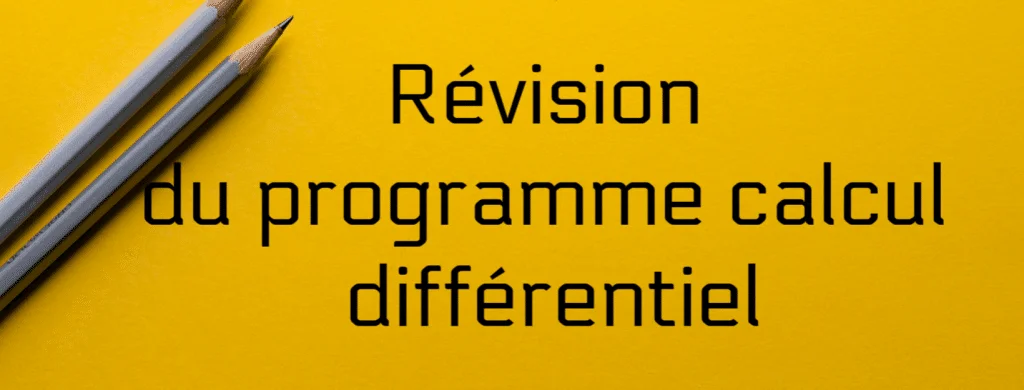The first year of secondary school
Secondary school is a crucial stage in a child’s education. For students and parents alike, the transition from primary to secondary school is a time when it’s important to consolidate the knowledge acquired in the early years, so as to successfully navigate the next five years. Here, we offer a revison of French in the 1st year of secondary school. This knowledge is in line with the Quebec Education Program, available on the Ministry of Education and Higher Education of Quebec website.
Would you like to listen to the audio version of the Kindergarten Essential Knowledge Review? It will be a pleasure to read it to you!
As soon as they enter high school, students will develop their writing, speaking and reading skills. To this end, they will explore descriptive, supporting and narrative texts (such as albums, comic strips, psychological, adventure and fantasy novels), as well as a variety of short poems.
The weighting on the report card will be as follows: 40% in reading (reading and appreciating a variety of texts), 40% in writing (writing a variety of texts) and 20% in oral communication (being able to communicate orally in a variety of ways).
By the end of his or her first year of high school, your child should be able to :
- Properly capitalize names of people and places (countries, cities, streets). Here’s a link to practice.
- Name synonyms and antonyms for acquired vocabulary
- Identify word families (e.g. furniture and furnishings, safe and safe-deposit box).
- Develop a lexical field around words (e.g. tree, forest, nature)
- Use communicative pronouns appropriately, both orally and in writing (je, me, moi, nous, tu, te, toi, vous)
- Identify nouns by their 1) syntactic (non-erasable; preceded by a determiner; gender, number and person donor), 2) morphological (variable in number; simple or complex form) and 3) semantic (e.g. common/clean; animate/inanimate) characteristics.
- Agree determiners that receive the gender and number of the donor noun (e.g., cette fille, ces filles, certaines fleurs, leurs enfants) and complex determiners (e.g., toutes les femmes)
- Identify a core adjective and agree it in gender and number as a recipient of the agreement of the word it qualifies (e.g. he high mountains)
- Identify and use relative subordinate clauses beginning with who, what and where (e.g. The lady I ran into yesterday at the grocery store).
- Recognize (in writing, at least – students will learn to use them in writing as early as Grade 2) present-tense verbs expressing anteriority (passé composé, imparfait, plus-que-parfait), others expressing posteriority (futur, futur antérieur, conditionnel présent), and verbs in the past tense (past simple as the dominant tense, especially in literary texts, for narrating in the past tense) and certain other tenses that revolve around the past simple tense, either to express anteriority (plus-que-parfait, past anterior), or to express posteriority (present conditional) and the past compound tense.
Reading strategies
Since reading is an important part of Grade 1, here are a few strategies to help students develop their reading skills:
-Orient reading according to intentions and needs (what information should the student extract from the text?)
-Determine your reading style (overview or complete reading, depending on the assignment).
-Plan one or more ways of noting significant elements (reactions, questions, associations, sources consulted, quotations, unifying concepts).
-Activate general or specific knowledge (of the text and author, for example, and recognize particular effects in the text that enable particular effects to be created).
-Determine the elements to be considered (What is the subject and genre of the text? Who is the author?).
-Anticipate content from clues (back cover, table of contents)
-As you read, identify the information that emerges from the text, its new ideas (what do I learn from reading this text?).
-Develop a lexical field around the theme to identify all related information.
-Draw up a table of all the information that emerges from the text, according to each paragraph.
To help you
Here’s a video explaining the agreement of adjectival groups.
And here are some revision exercises to practice all the content taught in French in Première secondaire.
This article gives excellent advice to help students assimilate vocabulary more easily. The speech therapist who wrote it also encourages students to understand what they’re learning, not just store the information.
https://sosprof.ca/apprendre-mots-de-vocabulaire/
Above all, don’t forget that a daily reading period will help your child become familiar with sentence construction, agreement and spelling. Bibliothèque et Archives Nationales du Québec offers thousands of books on its pretnumerique.ca platform. And it’s absolutely free!
MMES also makes available https://livresouverts.qc.ca, where you can access digital books, both fiction and non-fiction, written by French-speaking authors from Quebec, Canada and around the world. All you have to do is select Secondary 1 and the desired level of difficulty. What’s more, you can enter keywords on themes of interest to your child.
Useful links :
Your child is starting a whole new stage in his or her school career, full of challenges and learning! The SOSteacher article summarizes one teacher’s view of what your child will experience as he moves from the playground to the playground.
On the following site, your child can create dictations based on the vocabulary of a Secondary 1 student. The themes are varied, and your child can take advantage of breaks to reread and correct himself!
Essential skills for high school:
French in high school :
- Revision of French in Secondary 1
- Revision of French in Secondary 2
- Revision of French in Secondary 3
- Revision of French in Secondary 4
- Revision of French in Secondary 5
- Become a high school French tutor
- Find a French or French as a second language tutor
High school mathematics :
- Revision Secondary 1 mathematics
- Revision Secondary 2 mathematics
- Revision Secondary 3 mathematics
- Revision of the mathematics technico sciences program (TS4)
- Revison of Culture, Society and Technology (CST4)
- Revison of the mathematics and natural sciences program (SN4)
- Revision of the mathematics technico sciences program (TS5)
- Revison of the mathematics natural sciences program (SN5)
-
- Tips to make homework easier
- Becoming a high school math tutor
- Find a math tutor
- Find an algebra tutor
- Find a science tutor
- Find a biology tutor
- Find a physics tutor
- Find a chemistry tutor
Secondary 4 History
English as a second language in secondary schools :
-
- Secondary Cycle 1 English as a Second Language
- Secondary Cycle 2 English as a Second Language
- Become an ESL tutor at the secondary level
- Tips to make homework easier
Reference :
- Ministry of Education and Higher Education of Quebec http://www.education.gouv.qc.ca/enseignants/pfeq/secondaire/
- http://www.education.gouv.qc.ca/fileadmin/site_web/documents/education/jeunes/pfeq/PFEQ_francais-langue-enseignement-premier-cycle-secondaire.pdf













